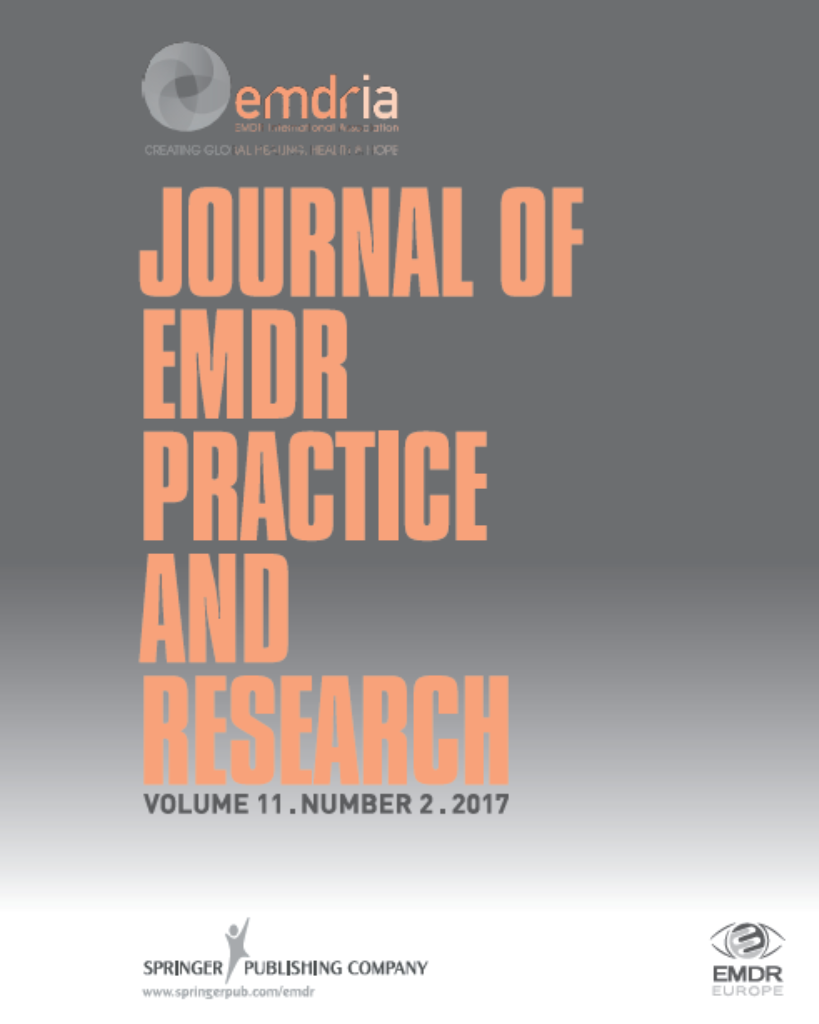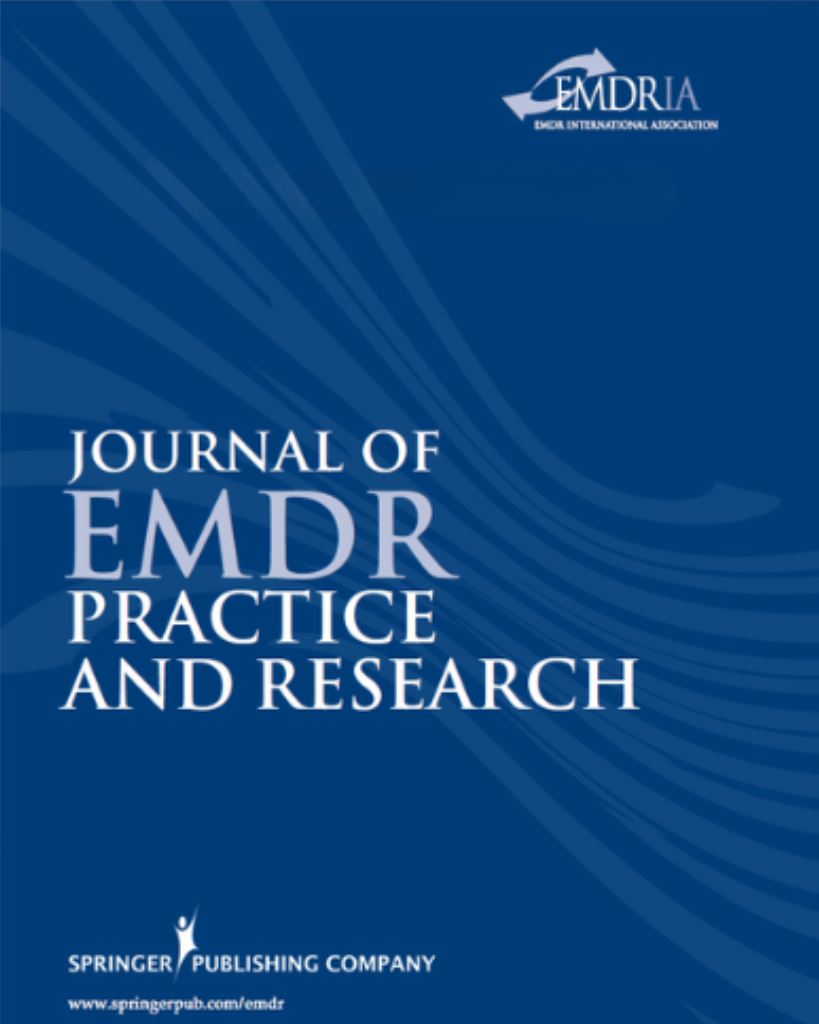Investigating properties of imagery-induced flash-forwards and the effect of eye movements on the experience of desire and craving in gamers
Flash-forwards describe the mental simulation of anticipated future events which might also be relevant in the context of gaming disorder.
Article Abstract
“Vivid and emotionally laden imagery is a symptom across a wide range of psychiatric disorders. Flash-forwards describe the mental simulation of anticipated future events which might also be relevant in the context of gaming disorder. The aim of this laboratory study was to investigate flash-forwards and the experience of desires and craving in gamers, and to examine the effect of eye movements on their vividness and related desires. A sample of 77 gamers formed a mental picture of themselves gaming in the future and rated the vividness and emotionality of this imagination, and their current desire and craving for gaming. Thereafter, one half of the gamers conducted a dual task (i.e., horizontal eye movements while retrieving the picture), whereas the other half let their eyes rest on the middle of the computer screen while retrieving the picture (non-dual task). Vividness of the flash-forward and intensity of desire and craving were again measured after the dual or non-dual task. In the overall sample, more imagery-related desire correlated positively with associated positive affect and vividness of flash-forwards. However, in a subsample of problematic gamers, flash-forwards are experienced less vivid and less pleasurable with increasing symptom severity. Eye movements while retrieving the flash-forwards led to significantly decreased ratings of imagery-related desire intensity, which was not the case for the non-dual condition. Results suggest different properties of flash-forwards between recreational and problematic gamers. Moreover, an attention-demanding task taxing the working memory seems beneficial for reducing desires related to imagery-induced flash-forwards.”
—Description from publisher
Article Access
Purchase/Subscription Required
Brandtner, A., Pekal, J., & Brand, M. (2020). Investigating properties of imagery-induced flash-forwards and the effect of eye movements on the experience of desire and craving in gamers. Addictive Behaviors, 105, 106347. https://doi.org/10.1016/j.addbeh.2020.106347
Date
June 1, 2020
Creator(s)
Annika Brandtner, Jaro Pekal, Matthias Brand
Topics
Addictions, Compulsive Behaviors
APA Citation
Brandtner, A., Pekal, J., & Brand, M. (2020). Investigating properties of imagery-induced flash-forwards and the effect of eye movements on the experience of desire and craving in gamers. Addictive Behaviors, 105, 106347. https://doi.org/10.1016/j.addbeh.2020.106347
Audience
EMDR Therapists, Other Mental Health Professionals
Language
English
Content Type
Article, Peer-Reviewed
Access Type
External Resource





